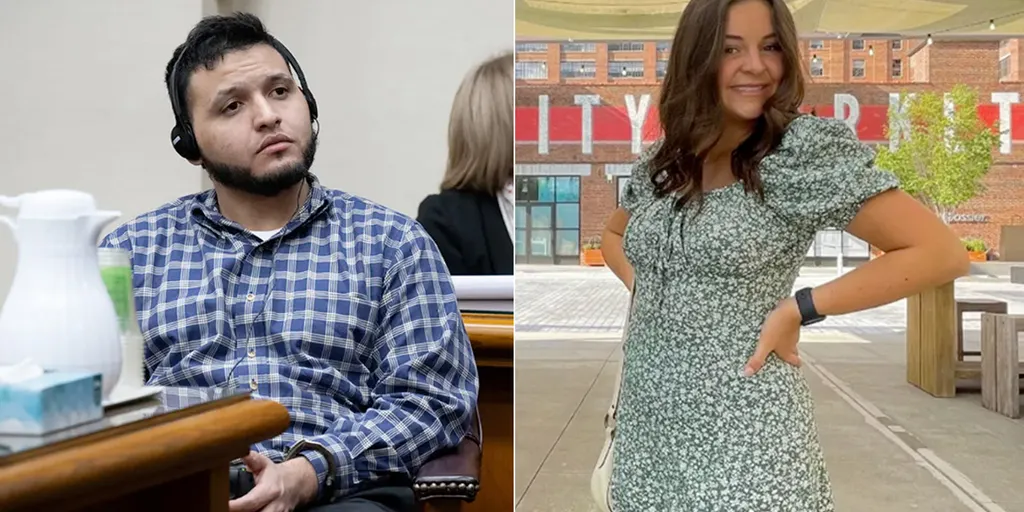Judge Orders Mental Evaluation for Jose Ibarra in Laken Riley Murder Case
GEORGIA — The man convicted of killing University of Georgia nursing student Laken Riley has been ordered to undergo a mental health evaluation after his legal team argued he is not currently competent to assist in his defense.
Jose Ibarra, a Venezuelan migrant, was sentenced to life without parole for the brutal murder that took place while Riley was jogging near campus. The case drew national attention due to the violence of the crime and the suspect’s immigration status.
Lawyers Raise Mental Competency Concerns
In a new development, a Georgia judge approved a motion from Ibarra’s defense attorneys requesting a formal mental evaluation. The lawyers claim Ibarra is currently unable to participate in his own legal defense or comprehend the nature of the proceedings against him.
The mental evaluation, according to the order, will determine if Ibarra is fit to proceed with any additional hearings or appeals.
Background: A Community Shaken
The killing of Laken Riley, a promising nursing student, occurred during a routine jog. She was found fatally injured in a wooded area, prompting campus-wide safety alerts and an outpouring of grief from the university community.
Authorities quickly arrested Jose Ibarra, who reportedly confronted Riley and attacked her without provocation. The murder shocked students, parents, and lawmakers alike.
Immigration Status Under Scrutiny
Ibarra’s immigration status became a focal point of public debate following the murder. According to reports, he had previously entered the United States illegally and had prior run-ins with law enforcement, raising questions about enforcement and deportation protocols.
The case became emblematic of the growing tensions surrounding immigration policy and public safety, especially in college towns and sanctuary jurisdictions.
Sentencing and Current Legal Status
Although Ibarra was previously sentenced to life without the possibility of parole, his mental state is now a factor in determining how the judicial system may handle any future appeals or post-conviction processes.
The judge’s order for a psychiatric evaluation follows legal precedent that allows post-sentencing evaluations when new concerns are raised about a defendant’s ability to understand or participate in their own legal matters.
Victim’s Family and Public Reaction
Riley’s family and friends have continued to speak out about the loss of the 22-year-old, who was described as “bright, kind, and driven.” Her death has ignited discussions not only about campus safety but also broader issues like immigration enforcement and mental health support in the justice system.
Public reaction has been intense across social media, especially after images of both Ibarra and Riley circulated again alongside the judge’s new ruling. Many are voicing frustration, questioning why such a step is needed after a sentence has already been handed down.
What do you think?
Should mental evaluations be considered after sentencing in cases like this? Share your thoughts in the comments at SaludaStandard-Sentinel.com — your voice matters in how justice is shaped locally and nationally.







